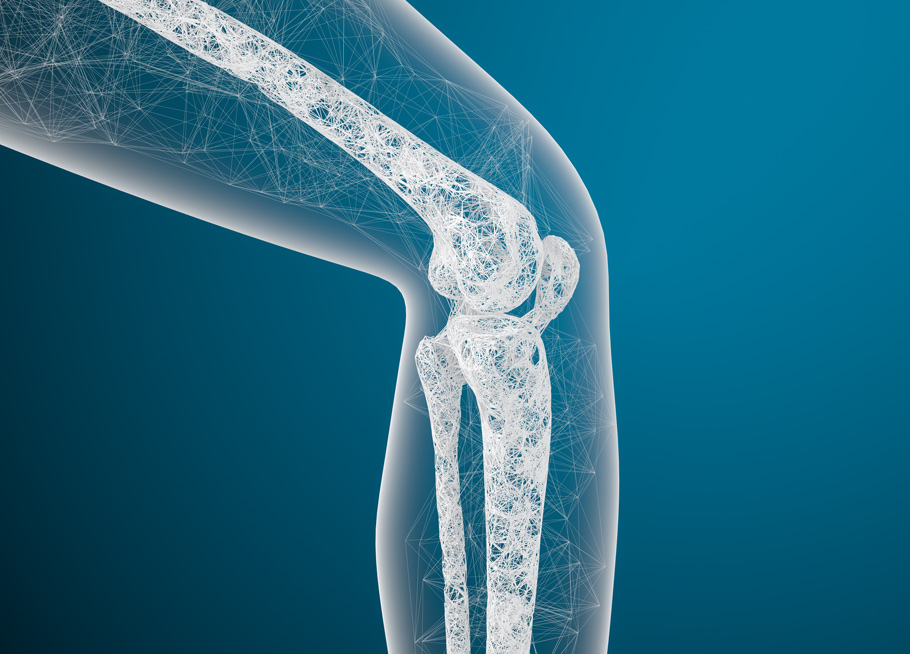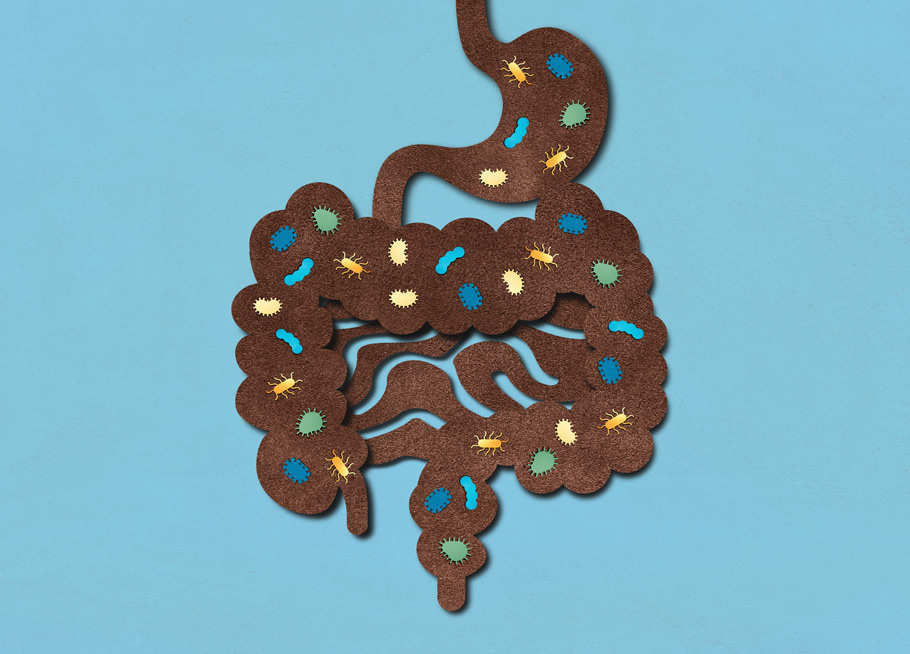
Understanding Gout
Gout is an ancient form of inflammatory arthritis that has been documented for centuries. In the UK, it affects approximately 2.5% of the population, predominantly men over the age of 30 and women post-menopause. The condition is characterized by excruciating pain and swelling in the joints, most often affecting the base of the big toe.
Can Stress Trigger a Gout Attack?
“Stress can have a profound impact on our health, potentially triggering a cascade of events that exacerbate conditions like gout.”
While dietary choices and genetic predisposition are well-recognized factors in the development of gout, the role of stress is increasingly coming under scrutiny. Stressful events can lead to behaviors that elevate uric acid levels, such as increased alcohol consumption or the use of certain medications.
The Science Behind Stress and Uric Acid
The body’s stress response can influence uric acid metabolism. Cortisol, the “stress hormone,” may affect the kidneys’ ability to excrete uric acid. This can cause an accumulation of uric acid in the blood, eventually leading to the formation of urate crystals in the joints.
Evidence Linking Stress and Gout
A number of studies have explored the connection between stress and gout. For instance, a 2018 study found that participants who experienced high levels of stress were more likely to report gout attacks.
Research Insights
- Psychological stress may directly increase inflammation in the body.
- Stress can lead to poor lifestyle choices that are risk factors for gout.
- Chronic stress may disrupt sleep, which is a critical factor in managing gout.
Managing Stress to Control Gout
Addressing stress is an essential component of gout management. Stress reduction techniques such as mindfulness, meditation, and regular exercise can not only improve overall well-being but also help mitigate the risk of gout attacks.
Lifestyle Adjustments to Consider
- Regular physical activity to reduce uric acid levels and stress.
- A balanced diet low in purines, which are found in certain meats and seafood.
- Adequate hydration to help the kidneys flush out uric acid.
- Avoiding alcohol, especially beer, which can increase uric acid production.
Conclusion
In conclusion, while gout is primarily caused by the crystallization of uric acid in the joints, stress can play a significant role in triggering attacks. Managing stress through a combination of lifestyle changes and relaxation techniques can be an effective strategy for reducing the frequency and severity of gout flares.
Key Takeaways
| Factor | Impact on Gout |
| Stress | Can trigger behaviors that raise uric acid levels or directly increase inflammation. |
| Lifestyle Choices | Exercise, diet, and hydration are crucial in managing gout. |
| Relaxation Techniques | May reduce the risk of gout attacks by lowering stress levels. |
Final Thoughts
Recognizing the multifaceted nature of gout and the impact of stress on its exacerbation is key to comprehensive care. As research continues to uncover the complexities of this relationship, it becomes increasingly clear that a holistic approach to treatment, encompassing both physical and psychological health, is essential for those living with gout in the UK.
Article by Dr. Naveen Bhadauria



